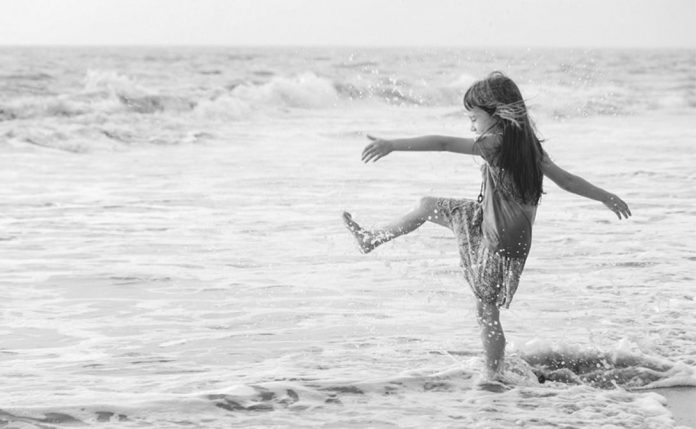Life on the West Coast means easy access to many water-based activities, such as swimming, surfing, kayaking, boating or simply splashing around at the water’s edge. In addition to ensuring kids are water-safe and everyone is using sun protection, it’s important to understand the other risks present when entering swimming pools and natural bodies of water. Recreational water illnesses Swimming and participating in water-related activities means sharing the water with everyone — and their germs. Waterborne illnesses are caused by germs and chemicals found in the water, but they can be prevented and avoided with some basic precautions. Diarrhea “In the summer, one of the most common RWI we see is diarrhea,” says Elizabeth Kerlick, a physician assistant at Sharp Grossmont Hospital’s Care Clinic. Diarrhea can be caused by germs — such as giardia, shigella, norovirus and E. coli — found in contaminated water in pools, water parks and natural bodies of water. To help protect against diarrhea, remember the following basic rules. “First and foremost, don’t swallow or drink the water from pools, the ocean or ponds,” says Kerlick. “Stay out of the water, or keep your children out of the water, if you or they have diarrhea. And always shower before and after swimming.” Changing diapers away from swimming areas, and washing hands after the change, also helps keep germs at bay. Swimmer’s ear (otitis externa) Another common RWI, says Kerlick, is swimmer’s ear. This is an infection caused by water entering the ear, and not making its way back out. Different than the common childhood middle ear infection, swimmer’s ear occurs in the outer ear canal and can cause pain and discomfort for people of any age. “Keep your ears as dry as you can, using a swimming cap or earplugs,” Kerlick says. “Use a towel to dry your ears after swimming and tilt your head to allow the water to escape.” Avoid swimming if you have open wounds. Cuts, punctures, scrapes and scratches all happen to the best of us, but they can be exacerbated by taking a dip in any body of water, thanks to germs. Also, chlorinated water can delay wound care and cause irritation. “Many people believe that the ocean’s salt water helps wounds heal,” says Kerlick. “That is a myth; it can actually cause severe infections.” An at-risk wound is any opening in the skin, and Kerlick cautions that deep puncture wounds, surgical wounds, crush injury wounds, and those near a bone or joint are at higher risk of infection. The Care Clinic also sees many puncture wounds that happened while the person was swimming, caused by a plant, stick, rock, shells or other object, or sometimes from an animal. “Open wounds are at very high risk for infection, so it’s important to stay out of the water until the wound is healed.” Avoid other water pitfalls. All open bodies of water present risk of infection, but the highest risk is with fresh water, such as lakes and ponds, followed by flowing fresh water, then salt water. The least risky are chemically treated pools and hot tubs. Kerlick offers these additional precautions: Don’t use a pool or hot tub if you notice a strong chlorine smell, cloudy water or a scum line around the pool. Avoid swimming after a rain event, which can wash contaminants from the land (animal feces or sewage) into the water. Avoid warm fresh water when the water temperature is high and the water level is low. Don’t go in the water if you see a blue-green algae bloom. Avoid digging or stirring up sediment in areas with shallow, warm fresh water. Hold your nose shut or use nose clips to keep out water. “Swimming and water play can be fun and healthy activities. As long as we are aware of the risks and how to mitigate them, we can enjoy a fun and healthy summer,” says Kerlick.
This article features experts from Sharp Grossmont Hospital. For more health stories visit www.sharp.com/news.














